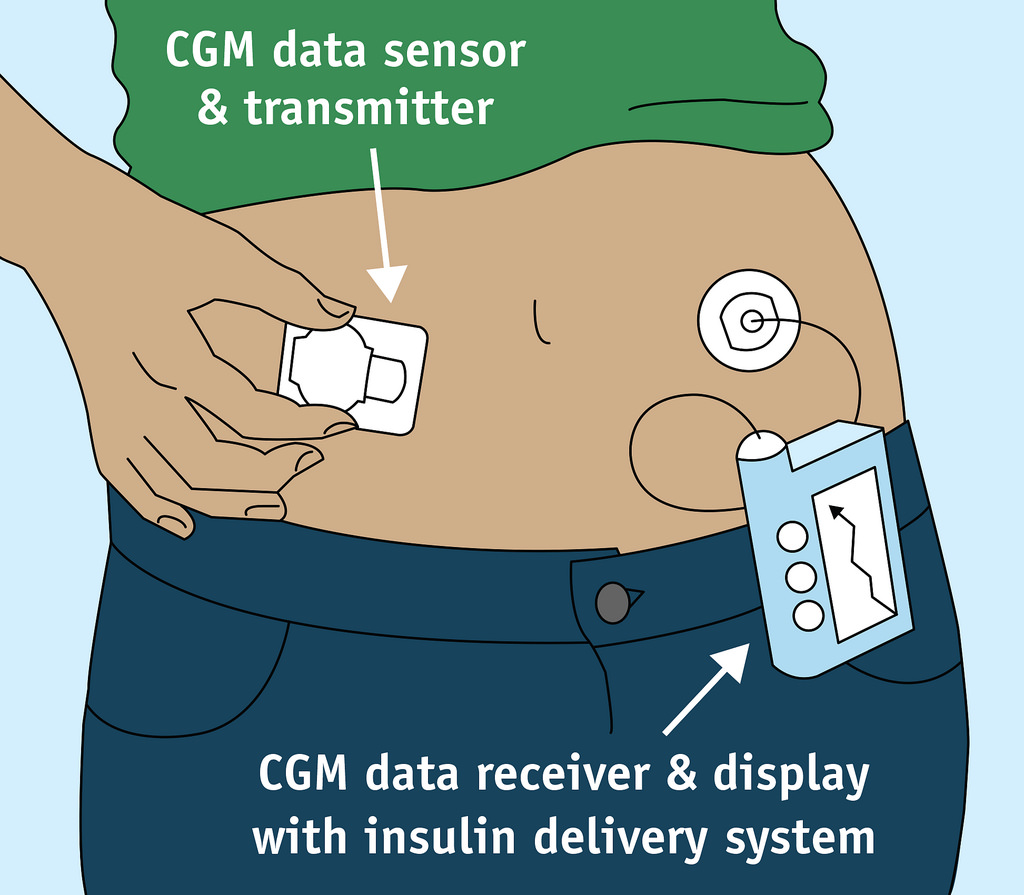Search
Research
Does commencement of a gluten- free diet improve blood glucose control in children and young people with Type 1 Diabetes and Coeliac Disease?If the gut becomes damaged it may not be able to process the foods that we eat as well as it used to. This may also affect how we look after diabetes.
Research
Understanding Diabetes: Early environmental determinants of pancreatic islet autoimmunity: a pregnancy to early life cohort study in children at risk of type 1 diabetesThis study is looking for the causes of type 1 diabetes, so that we can find ways to prevent it. We will follow many women around Australia during pregnancy until early childhood, looking at the child's birth, environment and genes.
Research
Type 1 and Type 2 Diabetes DNA bankA register which stores demographic and clinical data on all patients attending the diabetes clinic at Princess Margaret Hospital
Research
Neurocognitive outcomes of children with type 1 diabetes mellitusTo conduct an analysis of children with TIDM’s cognitive profile at an age in which both cognition and cortical development are still maturing
Research
Aussi-AdDITInvestigating changes in retinopathy, aortic intima media thickness & heart rate variability, indicators of macrovascular disease & autonomic neuropathy

Research
Closed Loop Study – Day and Night Feasibility StudyA Closed-Loop System will potentially have a major impact upon acute and chronic complications of diabetes as well as upon their quality of life.
Research
Sprint proof of concept studyThis study will evaluate the effect of two types of aerobic exercise
Research
Effect of blood glucose levels on the amount of glucose needed to maintain stable blood glucose levels during and after moderate intensity exercise in young people with type 1 diabetesDetermining if hyperglycaemia prior to and during exercise affects the amount of carbohydrate required to maintain stable glucose levels during/after exercise
Research
Early environmental determinants of pancreatic islet autoimmunity: a pregnancy to early life cohort study in children at risk of type 1 diabetesThis study is looking for the causes of type 1 diabetes, so that we can find ways to prevent it.
Research
Epidemiology of hypoglycaemia in childhood-onset diabetes in Western AustraliaInvestigating the demographic, lifestyle and diabetes management factors associated with the incidence of severe hypoglycemia
